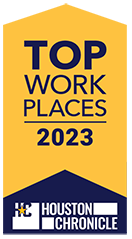Turner Syndrome Adult Comprehensive
Care Center
Houston Turner Syndrome Community Day
Please join us for the 5th UTHealth Houston Turner Syndrome Community Day sponsored by the Turner Syndrome Society of the United States and UTHealth Houston. This year’s event will be held at UTHealth Houston on Saturday, Feb. 17.
This is a great opportunity to learn about Turner syndrome (TS) and connect with the community.
- Learn about the Turner Syndrome Adult Comprehensive Care Center at UTHealth Houston
- Participate in Q&A sessions about medical concerns that affect people with TS
- Understand current clinical care guidelines for TS
- Listen to research updates, and learn how to get involved in TS research
- No-cost screenings: Hearing, blood pressure, blood sugar
Center Location & Hours
The UT Physicians Turner Syndrome Adult Comprehensive Care Center (TSACCC) brings together a multidisciplinary team of specialists to give you coordinated and complete care.
The TSACCC is more than just a medical home for adult women with TS. We’ll get to know you so that we can develop personalized care that meets your individual needs. Please click on our specialty areas below to learn more.
For more information please visit these websites:
Archived Presentations about Turner Syndrome:
Conductive Hearing Loss and TS (M. Mackenzie Hill Bellomy, AuD)
- Hearing loss can be caused by changes in the structure of the ear (conductive) or by loss of the neurons that transmit noise to the brain (sensorineural).
- Hearing loss is most common in people with 45,X karyotypes.
- Up to 40% of girls and women with TS have evidence of conductive hearing loss.
- Up to 80% of women with TS show significant sensorineural hearing loss and this tends to progress as they get older.
- Up to 80% of girls and women with TS experience recurrent ear infections.
- Long-term risks of ear infections include perforation or scarring of the ear drum, which can make hearing worse.
- Anatomical differences in the shape of the mouth (palate) and jaw (micrognathia) are more common in TS and may also cause some types of hearing loss.
- Periodic hearing tests are recommended for all people with TS because many hearing problems can be corrected at an early stage.
- Your audiologist can refer you for further testing and treatment based on the results of your hearing test.
Heart and Blood Vessel Problems in TS: What You Should Know (Siddharth Prakash, MD, PhD)
- About half of people with TS have at least one congenital heart or blood vessel problem.
- The most common congenital abnormalities are bicuspid aortic valve (1 in 3), aortic aneurysms (1 in 4), and coarctation of the aorta (1 in 7).
- While most heart and blood vessel problems are apparent from birth, some develop in adulthood.
- Regular tests of your heart and blood vessels by a cardiologist are recommended for all people with TS.
Autoimmune problems in Turner syndrome (Kelly Wirfel, MD)
- Hypothyroidism (low thyroid) is the most frequent autoimmune disorder in women with TS, affecting up to 50% of women.
- Symptoms of hypothyroidism include fatigue, feeling cold all the time, weight gain and constipation.
- Other thyroid diseases like Grave’s disease (causing hyperthyroidism, or overactive thyroid) are also more common in TS.
- Symptoms of hyperthyroidism include unplanned weight loss, sweating, palpitations, and diarrhea.
- Regular screening of thyroid hormone levels (TSH and T4 tests) are recommended for everyone with TS, as they can develop any time in life and cause serious health problems if untreated. Please see the Turner Syndrome Healthcare Checklist for more information on screening.
Natural Course of Fertility in TS (Alexa Clapp, MD)
- Fertility is reduced in most women with TS.
- Eggs undergo cell death prematurely and ovarian tissue degenerates, leading to streak gonads over time.
- Infertility in TS results from ovarian follicle depletion and loss of eggs, usually in young adulthood.
- Women with TS who are infertile usually undergo early menopause or never have periods.
- Some women with mosaic TS, especially those who start to menstruate without medications, may retain fertility.
- Many assisted reproduction options are available to women with TS:
- Freezing your own eggs or ovarian tissue (cryopreservation)
- Using a donated egg
- Using a gestational carrier
- Adoption
- Anyone with TS who may become pregnant or use assisted reproductive techniques should consult with a geneticist and a reproductive endocrinologist.
- Nonverbal learning disability (NVLD) is a developmental disorder related to the right cerebral hemisphere of the brain, the part of the brain that integrates information from several senses at once.
- Women and girls with TS experience varying degrees of the characteristics of NVLD. Researching the signs and symptoms of NVLD is essential for diagnosis and treatment.
- Despite the name, many people with NVLD are actually quite verbal. NVLD does not mean the person is unable to speak.
- Limited reading comprehension
- May have extensive vocabulary: “Talks a lot, yet says very little”
- Great attention to detail, but misses the big picture
- Particular difficulty with math (especially word problems)
- Messy handwriting
- Difficulty learning in new situations
- Poor coordination
- Weak spatial perception which can lead to difficulty riding a bike, catching, skipping, etc.
- Inadequate sense of visual direction and unable to follow directions
- Unable to properly estimate shape, size, weight, and distance
- Difficulty understanding sarcasm
- Difficulty with fluidity of social interactions
- Unable to properly plan and prepare
- Talks to relieve anxiety
- Trouble reading facial expressions
- Issues with changing routine
- Social and emotional withdrawal during middle school
- Inattentive and overactive during childhood
Transition of Care (Michelle Rivera, MD)
- Many young adult women with TS do not receive recommended age-appropriate screening for TS-related conditions.
- Beginning at age 12, a pediatric endocrinologist can work with the primary care physician to encourage young women with TS to take charge of their own care.
- We recommend implementing a planned and staged transition process in adolescence:
- Promote self-care and healthy lifestyle behaviors.
- Become aware of your personal health history and risks for potential future health problems.
- Learn how to schedule appointments, order medication refills, and contact insurance plans.
- Learn to advocate for yourself at appointments.
Please see the Turner Syndrome Healthcare Checklist for practical guidance on what you need to transition successfully to adult care.
Risk of gonadoblastoma in women with TS (David Rodriguez-Buritica, MD)
What is gonadoblastoma?
Gonadoblastoma is a rare tumor made from the cells of the ovaries or the testicles. This tumor is usually benign, but it can change into a malignant tumor.
Are girls and women with Turner syndrome at risk for gonadoblastoma?
Yes. If Y chromosome DNA is detected in any tissue (blood, skin, saliva, buccal swab), her risk to develop gonadoblastoma may be as high as 30%.
If Y chromosome material is not detected in the blood, can women with Turner syndrome still be at risk for gonadoblastoma?
Yes, especially women with TS who have 45,X karyotypes. 45,X karyotypes can be caused by losing an X chromosome (from a female 46,X,X cell) or a Y chromosome (from a male 46,X,Y cell). Sometimes, people with 45,X karyotypes have a few leftover 46,X,Y cells in their bodies. If Y chromosome DNA is looked for and not found, the risk of gonadoblastoma is low (<1%), but it is still present. Changes in the external or internal genitalia, such as abnormal hair growth, enlargement of the clitoris, or persistent abdominal or pelvic pain, may be caused by Y chromosome DNA that is present in the ovaries, but not in the blood. That is why it is so important to have a pelvic ultrasound to examine the uterus and ovaries, and to have regular physical examinations by an experienced physician.
Are there any other tests that could be performed to look for Y chromosome material?
SRY PCR or SRY and centromeric Y chromosome FISH are two of the tests that are available to look for Y chromosome material. These tests are usually performed in the blood, but they can also be applied to any tissue sample in which DNA can be extracted.
Is there a perfect test to look for Y chromosome material?
Unfortunately, no. Even if tests of blood or other tissues are negative, the ovaries can contain Y chromosome DNA, and that can predispose individuals to gonadoblastoma.
What is the most important risk factor for the development of gonadoblastoma in women with TS?
The presence of Y chromosome DNA is certainly the most important, but not the only risk factor. Changes in the uterus or external genitalia are also important factors to consider.
Are there any women with TS who are at low risk for gonadoblastoma?
Yes, compared to women with 45,X karyotypes, women with 46,XX/45,X, 45,X/46,X(del)X or 45,X/46,X i(Xq) mosaic karyotypes are at lower risk to develop gonadoblastoma. However, gonadoblastoma can still occur in these women, as in the general population of women with 46,XX karyotypes.
If I participate in research, is Y chromosome material going to be tested in the samples that I provide?
Yes, on some occasions, UTHealth physicians will test your samples for Y chromosome DNA as part of research. The test can detect low levels of Y chromosome DNA, even lower than the levels that could be detected by a regular test sent by your doctor (SRY PCR or FISH). If we detect Y chromosome DNA, we will inform you so you can work with your doctor and receive the appropriate treatment.
What is the treatment that women with Turner syndrome and Y chromosome material need to receive?
Since they have a higher risk of gonadoblastoma, having surgery to remove the ovaries is the current recommendation.
Is there an alternative or surveillance protocol for removal of the ovaries if I elect not to have them removed?
Unfortunately, not at this time. There is no protocol for surveillance of gonadoblastoma that has been proven to be effective in the early detection of gonadoblastoma. The most important and effective treatment to reduce the risk of gonadoblastoma is the surgical removal of the ovaries.
Is there a recommended age when the ovaries should be removed?
For girls and women who are found to have Y chromosome DNA, there is currently is no standard recommendation about when to remove the ovaries. We do recommend that you meet with your doctors as soon as possible after you receive your test result to determine the next best steps.
Turner Syndrome: Ongoing Research Projects at UTHealth
(https://clinicaltrials.gov NCT03185702)
For information contact: [email protected]
What causes congenital heart and blood vessel problems in TS?
UTHealth is using stem cells from TS patients to figure out why. If you volunteer with us, we may ask you to donate one tube of blood from a vein in your arm for our study. We are making stem cells from blood in order to study the development of heart valves and blood vessels. Our results could eventually be used to create new treatments for TS women with bicuspid aortic valves, coarctation of the aorta, and other heart defects.
What genes contribute to heart problems in TS?
UTHealth is doing a genetic analysis of TS volunteers to identify the genes on the X chromosome and throughout the genome that cause congenital heart defects. This research may lead to new genetic tests for TS patients and the potential to correct heart and blood vessel problems using new genetic therapies. The results may also help other people. Specific genetic studies currently include:
- Y chromosome material and congenital heart defects
- Tissue-specific X chromosome mosaicism and TS phenotypes
What skin conditions are prevalent in women with TS?
We designed REDCap and social media surveys to collect information from participants about the frequency and severity of skin diseases in TS.
What are the most important clinical issues to address in our TS patient population?
More than 100 women with TS have completed a REDCap survey to assess issues like understanding diagnosis, access to care, and psychosocial issues in the UTHealth TS population. We are currently analyzing the results and designing questions for a follow-up survey.
- Turner Syndrome Global Alliance (TSGA)
- Turner Syndrome Society of the United States (TSSUS)
- Turner Syndrome Foundation
Faculty & Staff
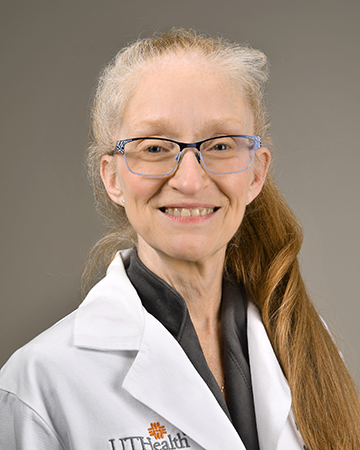
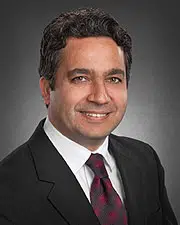
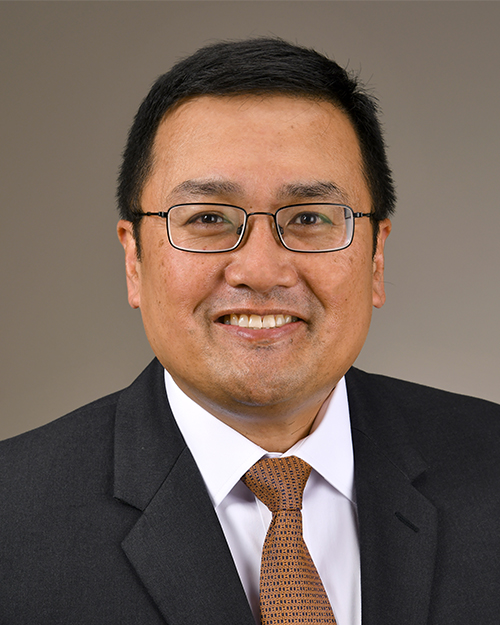
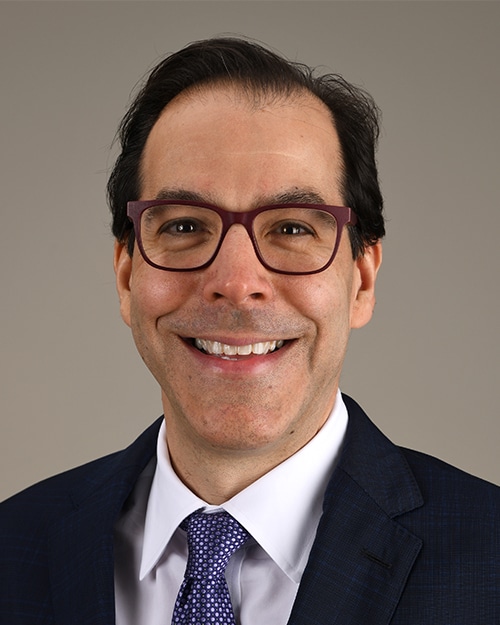
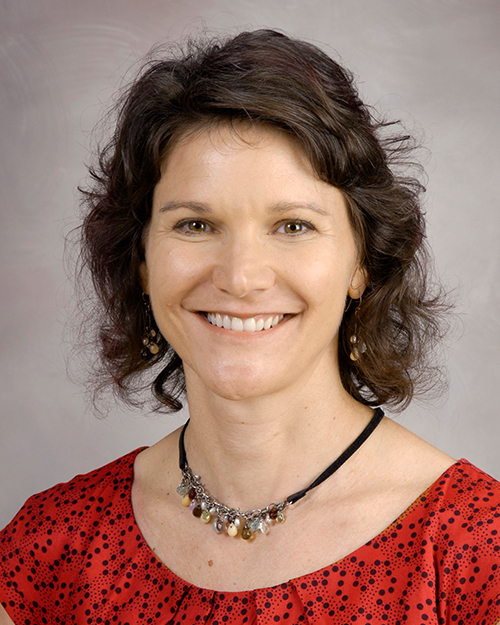
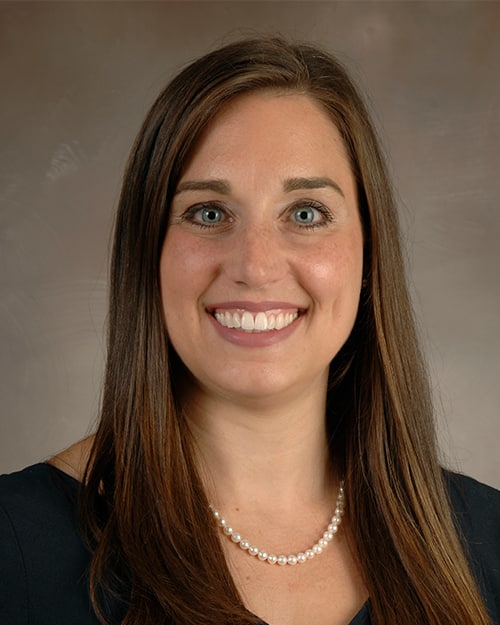
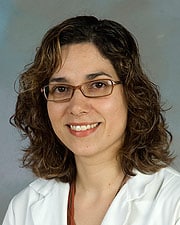
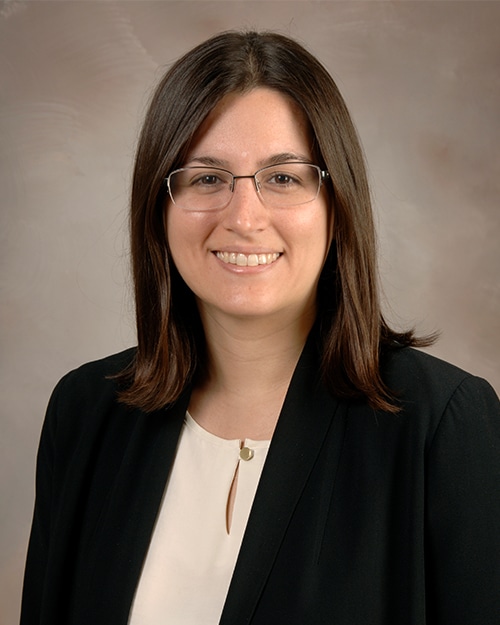
- Drs. Rivera, Wirfel and Guttenberg provide primary care to adolescent and adult women with TS.
- Dr. Guttenberg and Dr. Wirfel see adult patients 18 years and older.
- Dr. Rivera sees patients from birth to age 25 and specializes in transition of care to the adult clinic.
To request an appointment with the Turner Syndrome Adult Comprehensive Care Center, please click the “Make an Appointment” button at the top of this page.


